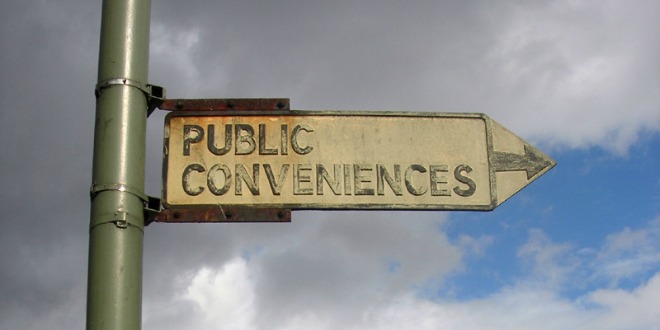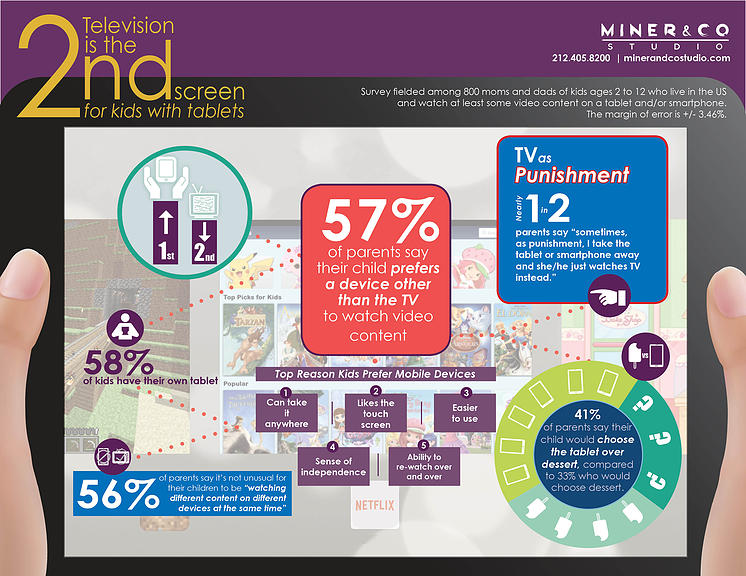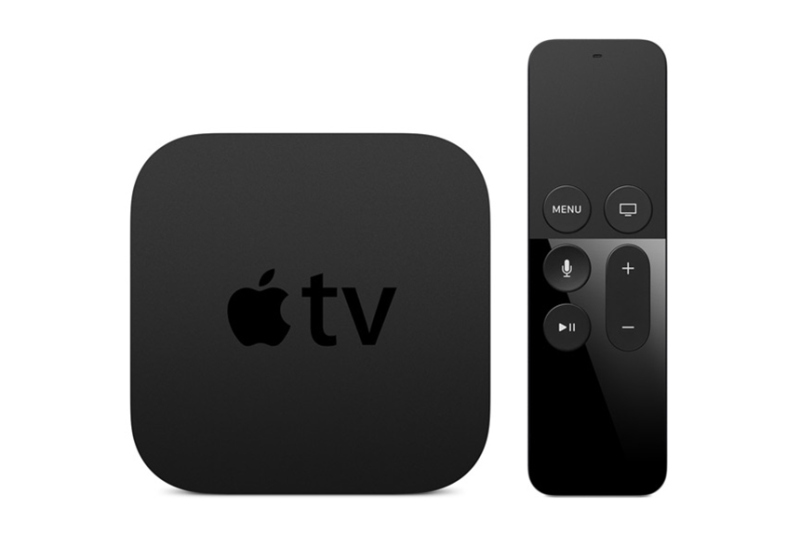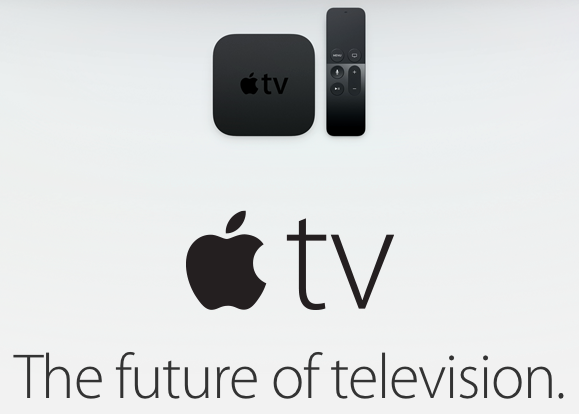 The reaction to Tasos’s editorial on the oncoming irrelevance of PC gaming and Eli’s editorial on how the things you love aren’t going away once mobile takes over from the last couple of days struck some nerve, for sure. And it’s interesting because there’s usually a lot of gaming enthusiasts and even media that are upset by the ‘threat’ mobile represents. What truly piqued my curiousity is that the negative reaction has included a lot of game developers who have seemingly been freaking out and denying that console/PC gaming is, if not on the downswing right now, then about to see a painful decline really soon. This is utterly baffling, because mobile overtaking other gaming formats feels like the obvious future with the convenience that it offers. The history of technology and especially gaming is full of examples of how people have adapted to technological advances that were more convenient, despite any drawbacks that pop up. And to suggest that mobile gaming is the one exception to the rule is myopic to an absurd degree.
The reaction to Tasos’s editorial on the oncoming irrelevance of PC gaming and Eli’s editorial on how the things you love aren’t going away once mobile takes over from the last couple of days struck some nerve, for sure. And it’s interesting because there’s usually a lot of gaming enthusiasts and even media that are upset by the ‘threat’ mobile represents. What truly piqued my curiousity is that the negative reaction has included a lot of game developers who have seemingly been freaking out and denying that console/PC gaming is, if not on the downswing right now, then about to see a painful decline really soon. This is utterly baffling, because mobile overtaking other gaming formats feels like the obvious future with the convenience that it offers. The history of technology and especially gaming is full of examples of how people have adapted to technological advances that were more convenient, despite any drawbacks that pop up. And to suggest that mobile gaming is the one exception to the rule is myopic to an absurd degree.

Essentially, if you look at the entirety of human history, technology tends to advance as much by if it is more convenient, versus the actual net benefit of the technological advance. Quality is a secondary factor to if the new technology makes our lives easier. The music industry is an obvious case: vinyl records gave way to cassettes and CDs, which gave way to the mp3 with Napster, iTunes, YouTube, and Spotify. You can still buy vinyls and CDs, sure, but most people are getting their music digitally – and exceedingly through streaming. What spurred the advances were conveniences. If the underlying technology was an advancement, that’s nice – but as long as it provides a satisfactory experience and is more convenient, then the general population will take to it.
This analogue carries across pretty much any technological advance. Video rental stores gave way to Redbox, iTunes, and streaming on Netflix. Sure, the quality of Netflix is subpar to a Blu-ray, but it’s more convenient and often cheaper. Plus, you can watch it on your iPad in bed, you don’t even have to turn on the TV.
And yes, video games have been part of this, too. Arcades as a way to play video games died down when home consoles provided a good enough experience at home that people didn’t need to go to arcades just to play games. CDs killed cartridges despite the latter providing no loading times, because they were cheaper. That they offered more space for games helped too, but again, cheaper games. Local multiplayer fell out of favor as online multiplayer made playing games with friends and strangers more convenient. Digital distribution is on the rise despite the advantages of physical copies with their permanence and resellability. Everywhere you look, it’s quite simple: convenience is king.
Now look at mobile games. They’re super-convenient. You can play them literally anywhere, you’re not tethered to your TV or computer. You can download them quickly over wifi. Many of them are free to download! If you see an interesting game, you can download it in a minute or two and don’t have to worry about massive patches, or paying any money up front to get the game. There’s no risk, versus a $60 game that you can only play in certain circumstances, and if you don’t like it, well…hope you bought the retail copy so you can get some of that value back!
Why do you think the growth in gaming is coming from mobile, to where mobile revenues are expected to exceed consoles this year? Because they’re infinitely more convenient than console and PC gaming! People who didn’t play games are now playing them. Kids who are now growing up with tablets and phones are enjoying them – and they’re ignoring console and PC gaming. They don’t care that controllers and keyboard/mouse are better, necessarily – better to them is that they’re more convenient and provide a satisfactory experience. They think that the TV sucks, because the mobile experience offers more to them. The drawbacks you think that mobile games have? They’re just a natural part of the experience. Free-to-play with in-app purchases? There’s nothing abnormal about that. Games with touch controls? They’re second nature to players. That’s right, Rex Rocket ($1.99) is the future, deal with it!
A lot of people say that as these kids grow up, they’ll go to consoles and PC gaming, but why? Compare the mobile experience, where you can get games whenever and wherever, and often for free. Compare this to consoles, where you have massive downloads, and usually have to pay up front. Plus, you are pretty much restricted to playing in front of the TV. And you often have to endure long waits for game patches, and mandatory system updates. Now compare going from the ease of mobile to PC gaming, where nothing comes easy. I download a mobile game, I know I can play it when it installs. With a PC game, I have zero guarantee of that.
And that’s the problem: people can’t see beyond their own biases. Mobile gaming is a huge improvement on the user experience for many people. And so many people don’t realize it’s not about them. The major growth, the people coming in to gaming, they have different standards, and that’s not necessarily a bad thing. Mobile gaming and free-to-play have introduced gaming to so many more people. Digital distribution has made it possible for so many more games to exist. Sure, you can point out whatever drawbcks you want, but we live in a time where there is a limitless supply of games that you can play whenever and wherever you want. And it’s not just games – you hear the talk of “peak TV" among TV critics as there’s just too much quality TV shows for anyone to possibly watch them all. And if you’re a music fan, there’s so much music to discover in whatever genres you enjoy thanks to anyone being able to distribute music for themselves.
What happens is that convenience allows more content to be available, and for new people to enjoy things in new ways, and ultimately enhances the overall experience. And people who enjoyed the way things were before? They adapt. You adapted from how games were in the previous generation, and before that. You will adapt to the future of gaming. And games will adapt too. Judging what mobile gaming will be like in 2020 is like judging CD-based games on what they were back in the days of the Sega CD with full-motion games. Technology advances and improves, and the media adapts.
Even the idea of what “mobile gaming" is and will be will change. Right now, when I say mobile gaming, people think Candy Crush Saga (Free) and Clash of Clans (Free). In reality, mobile gaming is so vast and complicated that it’s hard to really pin down. Anyone who actually spends time in the mobile ecosystem knows it’s a platform full of a vast array of experiences. And it’s not getting any easier to make sense of it. What exactly is “mobile" about the new Apple TV? What’s the real difference between say, Dota 2 on Steam and Jetpack Joyride (Free) on the Windows store? They’re both PC games. In reality, all these devices are just boxes with processors, GPUs, and all the other components. The only real difference is interface.
And I ultimately think it will be a beneficial cycle, and gamers won’t lose much if anything. As companies shift to target mobile and its continued growth potential, particularly as those kids of the mobile generation grow up and have disposable income, more enthusiasts are going to find mobile games they love and will play there. And companies will release enthusiast-focused games on mobile. I still hold out hopes that at least the paid game niche can survive on mobile if more people who want to pay up front for games will participate on the platform.
Essentially, the stigma can go away, as games show up on TV boxes, tablets, phones, and streaming services. The idea of a gaming platform, of pledging feality to Playstation, Xbox, WiiU, or the PC Master Race will die away as we just have devices to play games on. And you can say what you want about touch controls – I think 3D Touch and haptic feedback could play a huge role in the coming years in improving games in particular.
Quite simply, what you think of as a “mobile game" will be a meaningless distinction. They’ll just be games. People won’t need to buy gaming hardware, because games will become ubiquitous, and enthusiasts will adapt because they love games. And the game makers will go to where the enthusiasts are.
I understand the nostalgia and the desire for something lost, sure. And it’s hard to completely kill any format. Vinyl is seeing a small resurgence, and it’s easy to see why. It’s a rebound effect from the loss of physical media, and a desire for the unique factors of vinyl. And there’s a few video rental places still kicking, music stores still exist. And we see things like arcade bars starting to open up and do well, because home gaming filled 95% of the need for arcades, but not all of it. People enjoy that social experience, it just doesn’t need to be the only way to experience games. Movie theaters and concerts still provide a unique human experience and an excuse to get out of the house. It’s just as we still have the occasional record store and book store, they’re just not the primary way to consume music and books.
And I don’t think the idea of “playing games on a large display" goes away entirely – I think it just shifts to multipurpose devices like the Apple TV. I think if anything, you could see game streaming take off as efforts get more serious. It’s kind of like how the N-Gage was really just ahead of its time – take the same concept with a decade’s worth of technology advances, and something like PS Now could easily take off. Your experiences will change, the names on the boxes might change, but the experiences and boxes won’t go away entirely.
People will bemoan the changing future and say how it’s worse than before, ignoring that as with every technology, people quickly become acclimated to the advantages in convenience that the new ways often bring. And it becomes the new normal. Critics just tend to make a louder fuss about it than younger generations who accept it as their new normal. Think of all the free-to-play haters who enjoy MOBAs or Hearthstone (Free). We all adapt to the changing times, and we don’t realize it. The people who call mobile gaming trash now will be the ones spending boatloads on it in the not-so-distant future, because they love gaming.
But hey, despite all the evidence and arguments we’ve presented, maybe you think that consoles and PCs have a bright, healthy future. Never mind that Sony themselves seemed to think the PlayStation 9 wasn’t going to be a console at all:
But hey, maybe I’m wrong, maybe we’ve hit the pinnacle of gaming right now and nothing can change that. All the unbelievers will kneel before Major Nelson, Shohei Yushida, and mighty GabeN someday And if you also think vinyl records, movie rentals, and horse-drawn carriages are also booming industries with major growth potential, well, who the hell am I to dissuade you?



